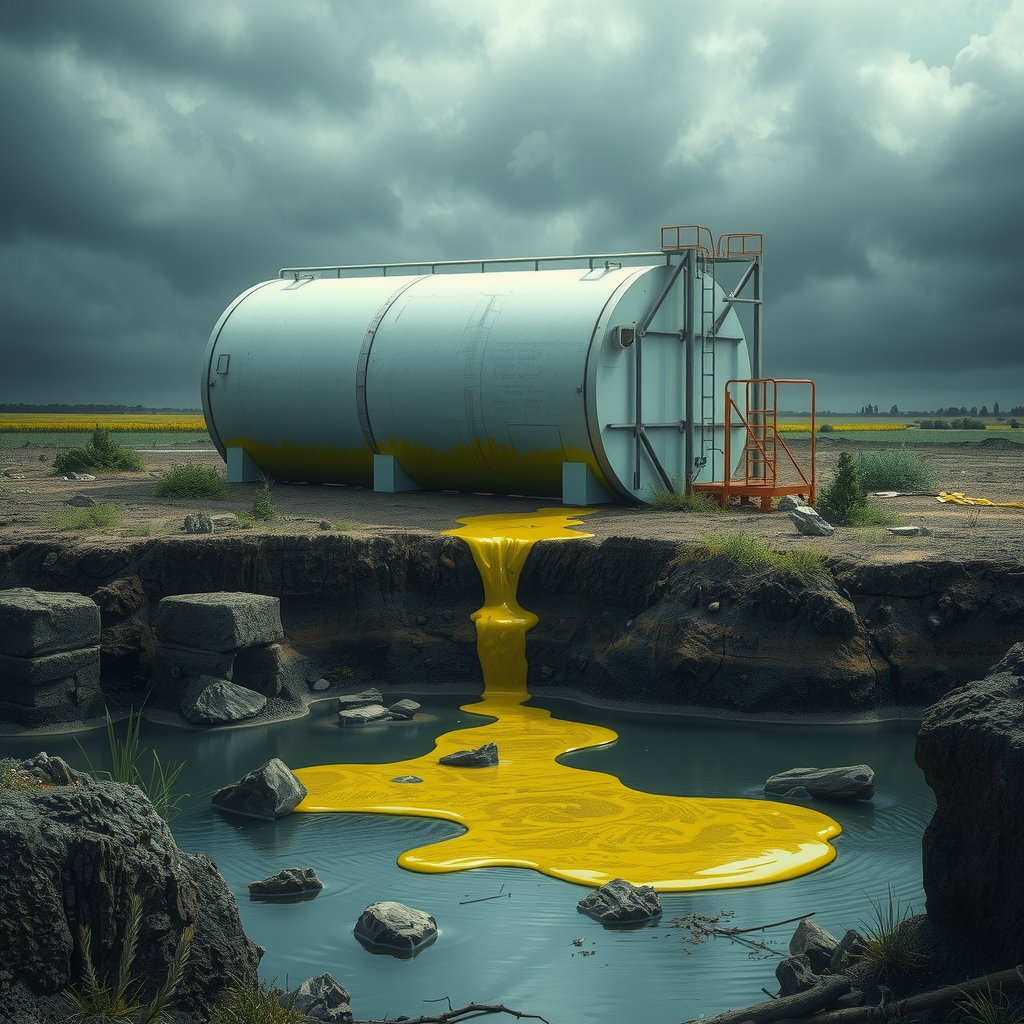By Shawn M. Collins of The Collins Law Firm, P.C. posted on Monday, May 1, 2017.

MTBE is a flammable, colorless liquid that dissolves easily in water. MTBE has a distinctive, unpleasant odor.
MTBE, a fuel oxygenate, is almost exclusively used as a fuel additive. Fuel oxygenates do not naturally occur in gasoline. Instead, they are added to increase gasoline's oxygen content. By increasing gasoline's oxygen content, the gasoline burns better, thereby lowering harmful emissions from vehicles and reducing pollution.
MTBE was first used as a fuel oxygenate in the United States in 1979. In 1992, MTBE began to be used in higher concentrations to fulfill oxygenate requirements set by the 1990 Clean Air Act Amendments (CAA).
As part of the Energy Policy Act of 2005, Congress removed the oxygen content requirement for reformulated gasoline. As a response to this Act, companies have transitioned from MTBE to ethanol. Since 2005, MTBE has not been used in significant quantities in the gasoline industry.
MTBE has also been used to dissolve gallstones.
In the past, people were exposed to MTBE from automobile exhaust when driving or from gasoline fumes when fueling their vehicles, lawn mowers, etc. However, since MTBE has recently been phased out of as a fuel oxygenate, water and soil contamination has become the most likely source of exposure for many people.
MTBE can contaminate groundwater or soil through leaking underground or above-ground storage tanks or from spills. People may then be exposed by coming into contact with contaminated water by drinking it, inhaling vapors from it, showering or bathing in it, or cooking with it. If soil is contaminated, people may be exposed by any contact with the soil.
Individuals working in industries that manufacture or use MTBE may be occupationally exposed to MTBE, as well.
In open air, MTBE is quickly broken down into other chemical compounds, with half of the MTBE disappearing as quickly as 4 hours.
However, if spilled on the ground, rain water can dissolve MTBE and carry the chemical through the soil into the groundwater below. Additionally, spills or leaks from storage containers can seep into deeper soil levels and contaminate the groundwater, particularly near manufacturing sites. MTBE can stay in groundwater for a significant period of time.
The International Agency for Research on Cancer (IARC), a division of the World Health Organization (WHO), has determined that there is inadequate human evidence and limited animal evidence, regarding the carcinogenicity of MTBE. Therefore, MTBE is not yet "classifiable as to its carcinogenicity to humans."
In addition, the United States Environmental Protection Agency (US EPA) has concluded that there is not sufficient evidence to determine the potential health effects of MTBE exposure in low levels. However, evidence exists to support the conclusion that MTBE is a potential human carcinogen at high doses.
MTBE and its long-term, harmful effects in humans are often difficult to study as those exposed occupationally have also been exposed to a number of other chemicals. For that reason, several studies have been performed on animals to determine MTBE's health effects. These studies have drawn a connection between high levels of MTBE exposure and tumors of various organs including, kidneys, liver and testicles. However, the levels of MTBE used in these studies are much higher than humans would tolerate due to the odor and taste of MTBE.
Symptoms of MTBE exposure include:
MTBE and its breakdown product can be detected in breath, blood and urine. However, because MTBE metabolizes quickly in the body, tests must be taken within one to two days after exposure.
While tests are able to detect exposure to MTBE, these tests are unable to predict which, if any, negative health effects will develop as a result of the exposure.
See your family doctor or an occupational doctor familiar with chemical exposure. Tell them if you have been exposed to MTBE and bring any MTBE test results.
Ether, tert-butyl methyl; tert-Butyl methyl ether; Methyl tert-butyl ether; 2-Methoxy-2-methylpropane; 2-Methyl-2-methoxypropane; tert-C4H9OCH3; Methyl t-butyl ether; MTBE; Methyl 1,1-dimethylethyl ether; UN 2398; Driveron; 1,1-Dimethylethyl methyl ether; t-Butyl methyl ether.
Methyl Tertiary-Butyl Ether (MTBE) contamination can have devastating consequences for your water supply, your health, and your environment. If you or your community has been affected, The Collins Law Firm is here to fight for your rights.
Our experienced team specializes in holding polluters accountable and securing the justice and compensation you deserve. Don’t wait – the time to act is now. Contact us today for a free consultation and let us help protect what matters most.
Call us or schedule your free case review to get started. Together, we can make a difference!
Links:
"*" indicates required fields










